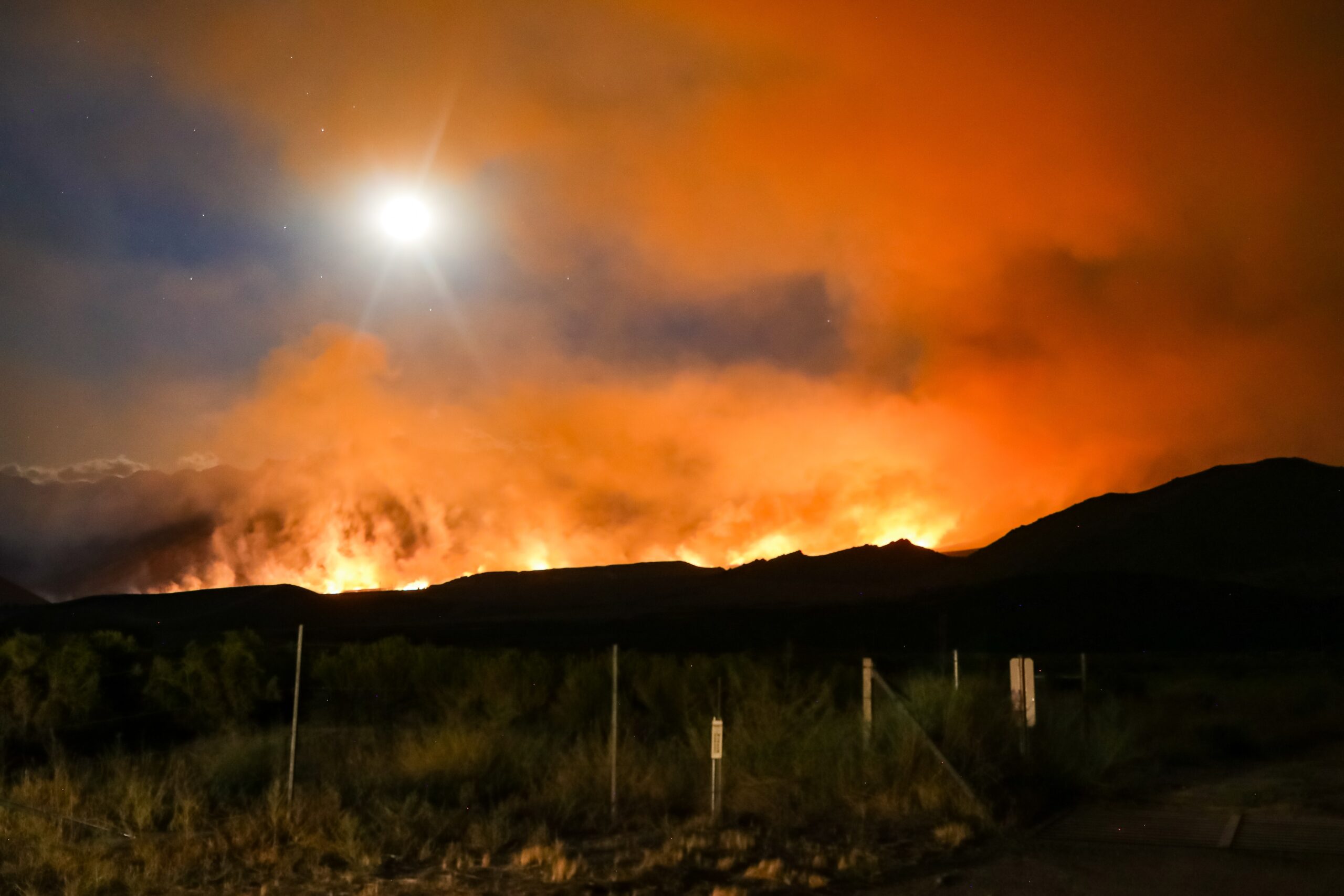2020 Bay Area Wildfires: How to Help

Wildfires sparked during the dry lightning storm on August 15 have hit the San Francisco Bay Area community hard and unseasonably early this year. Over one million acres across 13 Bay Area counties have burned in the last two weeks alone, displacing 40,000 people. CalFire reports that 1,300 structures, primarily homes, have been destroyed as of August 31, with the hardest hit areas spanning from Vacaville to the north and Pescadero to the south. Three of the state’s four largest fires on record have occurred since 2017—a painful demonstration of the catastrophic effects of climate change right here in our backyard.
While the collective suffering is pervasive, natural disasters do not impact all people equally. In order for those affected to navigate towards stability, they need some combination of supportive networks, financial resources, stable employment, access to insurance, or access to government benefits. Low-income, immigrant, or undocumented residents do not have ready access to these safety nets. The coronavirus pandemic has already created added challenges for these historically marginalized populations, along with essential workers who must risk exposure, low-wage workers who have lost jobs, and people with immunocompromised health.
It is clear that the devastating impacts of the wildfires have made an already difficult situation even more threatening. The dual emergencies we face also require new approaches to disaster relief, such as hotel vouchers for displaced families instead of congregate shelters in large public buildings.
Nonprofits are well-positioned to provide on-the-ground, culturally-aligned help, and now more than ever, they need the philanthropic community to step up with added speed, generosity, and flexibility.
In any disaster, philanthropic response is needed in three main phases: immediate emergency response, mid-term stabilization, and long-term renewal.
- Immediate needs include coordinating evacuation support, shelter, food, family reconnection, health care, first responders, and case management.
- Stabilization includes support for rehousing, income recovery, job placement, management of affected landscapes, and mental health services.
- Renewal includes longer-term community redesign, improved resilience infrastructure, and policy changes that allow for speedy, equitable response.
Northern California Grantmakers has created a hub of useful information about critical needs, resources, and ways to contribute through response funds. This page will be updated regularly throughout the ongoing wildfire season. As ever, PFS is here to support responses to this urgent need and we especially encourage cash donations to community foundations, which are optimally situated to monitor and disperse dollars where they are most needed.
Contact us to discover how we can tailor our services and handpick a team of professional experts to support the specific needs of your foundation.